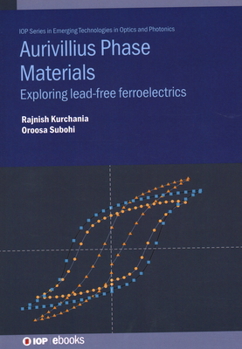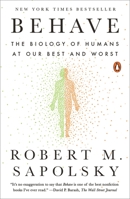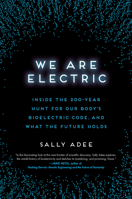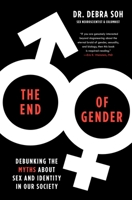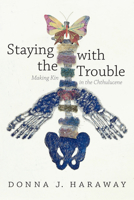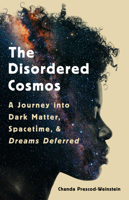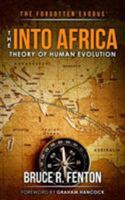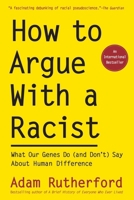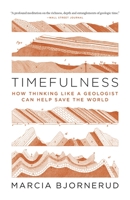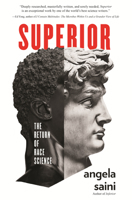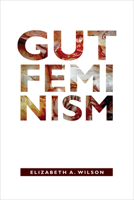Aurivillius Phase Materials: Exploring Lead-Free Ferroelectrics
Select Format
Select Condition 
You Might Also Enjoy
Book Overview
This book provides an overview of Aurivillius phase layer structured ferroelectrics, with a focus on in-depth classification of layer structured materials and their role in developing environmentally sustainable compounds. It is an essential reference for professionals and academics working in the field of electroceramics, electronic component manufacture, materials science and engineering.
Format:Hardcover
Language:English
ISBN:0743255453
ISBN13:9780743255455
Release Date:January 2004
Publisher:Simon & Schuster
Length:348 Pages
Weight:1.37 lbs.
Dimensions:1.2" x 6.4" x 9.6"
Customer Reviews
6 customer ratings | 5 reviews
There are currently no reviews. Be the first to review this work.











